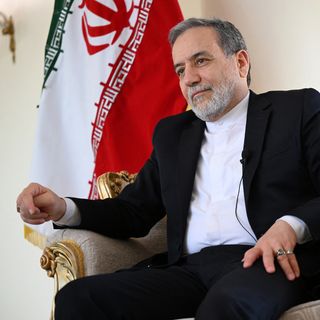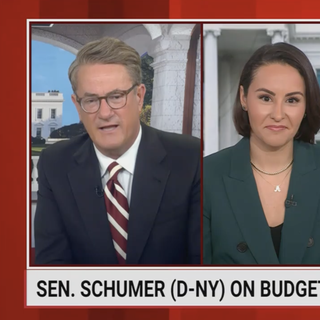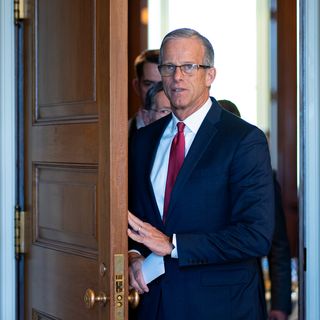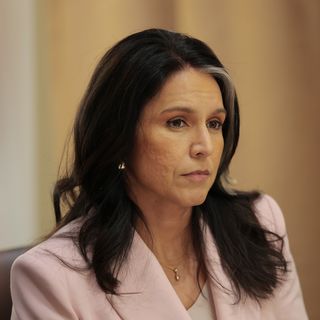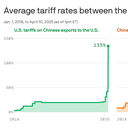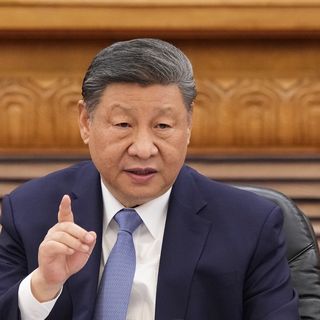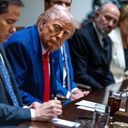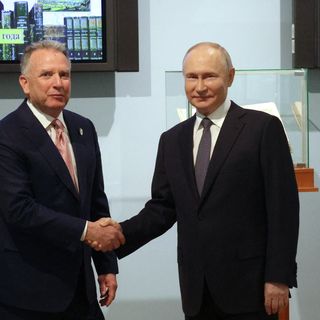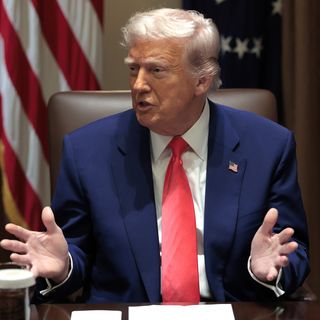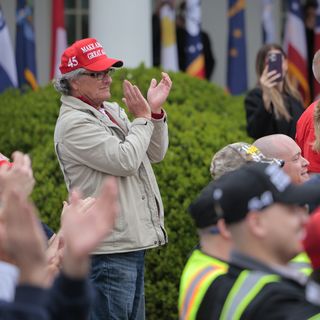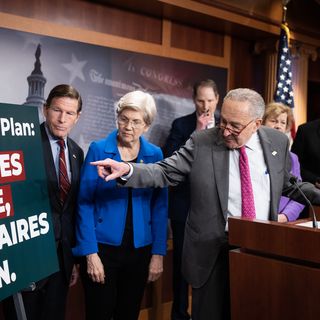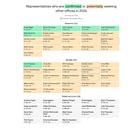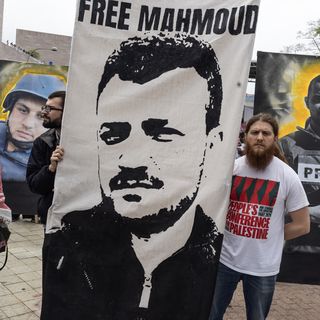U.S. and Iran see Saturday's nuclear talks as test of whether other side wants a deal
U.S. and Iranian officials are using similar language to describe their primary objective for Saturday's high-stakes nuclear talks: determining whether the other side is serious or just stringing them along.
Why it matters: President Trump insists Iran must make a deal quickly or face potential military strikes. But Tehran doesn't trust Trump, who previously withdrew from the 2015 nuclear deal, and two U.S. officials tell Axios they aren't yet sure what to expect from the Iranians.
What they're saying: "The main question we want answered from the Iranians is whether they have the political will to have a serious discussion so that we won't have to resort to the other alternative," one U.S. official said.
- The official added that Trump is prepared to make compromises to get a deal.
- Iranian Foreign Ministry spokesperson Esmaeil Baqaei is singing much the same tune. "We do not prejudge. We do not predict. We intend to assess the other side's intent and resolve this Saturday. We shall reflect and respond accordingly."
- He added that the U.S. should "value" the fact that Iran is "giving diplomacy a genuine chance" despite Trump's "confrontational hoopla."
Driving the news: Trump's envoy Steve Witkoff will lead the U.S. delegation, traveling to Oman for the talks from Russia, where he met President Vladimir Putin. The Iran talks were one of the issues discussed in that meeting.
- Witkoff is an internal advocate for diplomacy, while Iran hawks like national security adviser Mike Waltz and Secretary of State Marco Rubio are more open to the military option.
- Witkoff will be joined by National Security Council senior director for the Middle East Eric Trager and State Department nuclear experts.
The other side: Iran's negotiating team is led by Foreign Minister Abbas Araghchi, who has vast experience in nuclear negotiations and was a senior member of the Iranian team that negotiated the 2015 nuclear deal.
- He will arrive in Oman with two of his senior deputies who have also participated in previous rounds of negotiations.
The intrigue: Iran is considering proposing that the sides first negotiate an interim nuclear agreement to put more time on the clock for talks on a comprehensive deal.
- The White House insists the talks with Iran will be direct, while the Iranians have said they will be indirect — with the sides sitting in different rooms and exchanging messages through mediators.
- A source with knowledge of the issue told Axios the talks on Saturday are supposed to start in an indirect setting, and then likely move to direct engagement later in the day if the initial meeting is positive.
State of play: A U.S. official said Witkoff plans to reiterate to the Iranians the messages in Trump's letter to Supreme Leader Ali Khamenei — that Trump believes in peace and prefers a diplomatic deal, but will ensure Iran doesn't get a nuclear weapon or work with its proxies to destabilize the region.
- White House Press Secetary Karoline Leavitt put it more bluntly: "Iran has a choice to make - you can agree to president Trump's demands or there will be all hell to pay."


